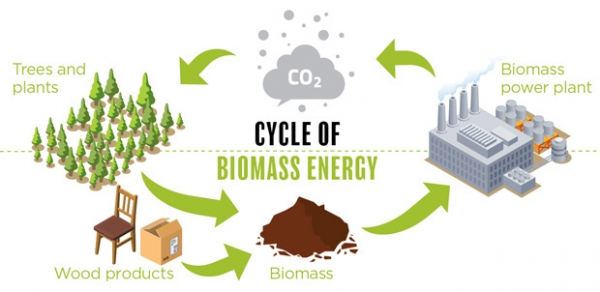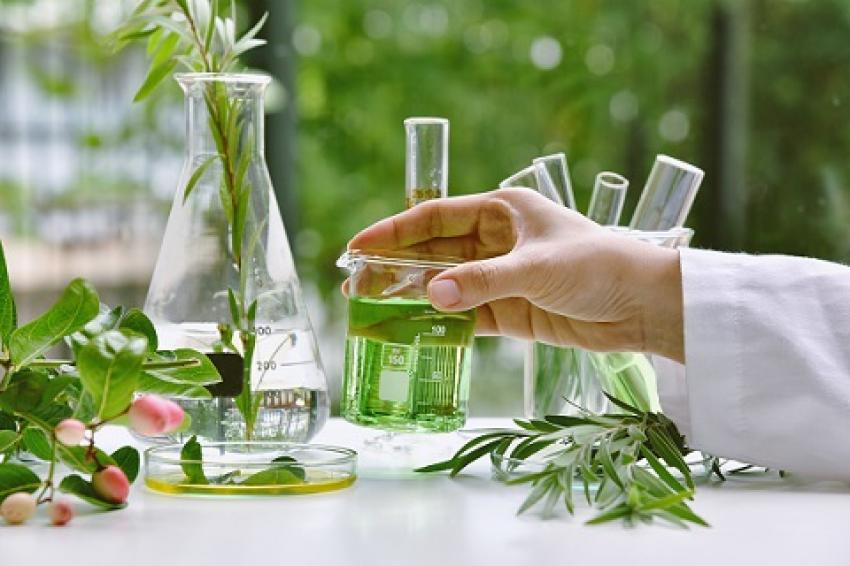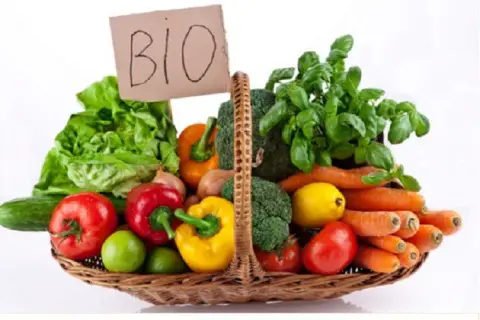Introduction
Bioproducts are goods created from biomass. Any sort of organic material that is accessible on a renewable premise is referred to as biomass. It consists of things such as crops and trees, wood and wood wastes, aquatic plants and grasses.
From its agricultural origins to its potential to be replenished, this sustainable approach addresses the full product life cycle. Not all bioproducts require advanced technologies, such as genetic engineering.



Importance of bio-products
Bioproducts are significant because the biomass utilized in their production can be used as a supplement or a replacement for petroleum and petrochemicals. They give an alternative to reliance on fossil fuels. That creates major environmental concerns such as forest destruction and a loss in plant and animal biodiversity.
And it also creates major environmental concerns such as air pollution from wood fire smoke.
As a result, biotechnological innovation in the manufacture and composition of everyday things can provide a long-term solution without sacrificing product performance.



Examples of common bio-products
Bioproducts are just like any other regularly manufactured product in terms of variety. The following is a small list of biobased items:
- Plastic bottles & containers
- Packaging materials
- Office supplies
- Soaps & detergents
- Lubricants
- Clothing
- Plates, napkins, cutlery
- Building materials
- Household cleaners
- Paints and stains
- Personal care items
Different Types of Bio-products
1. Bioenergy
When organic matter is processed with various physical, biochemical, thermochemical, and other sorts of processes, bioenergy is created in liquid, solid, or gaseous forms.
The most prevalent bioproducts are ethanol and biodiesel, which are typically combined with petroleum-based gasoline or diesel for transportation or heating. Corn and wheat grains are the two most popular sources for ethanol production.


While modern technology now allows ethanol to be created directly from cellulose or syngas (a mixture of carbon monoxide and hydrogen), albeit this is more expensive than grain-based ethanol.
2. biodiesel
In a process known as transesterfication, biodiesel is made from vegetable oils, fats, and greases.
Oilseed crops such as soybean and canola, as well as recycled vegetable oils from restaurants and fats from animal rendering, can all be utilized to make biodiesel.
In addition, industrial production of oil-carrying microalgae for biodiesel synthesis is ongoing.
3. Biogas
Anaerobic digestion is a process in which bacteria digest organic resources like manure, agricultural crop residues, specific energy crops and food processing residues in the absence of oxygen to produce methane for power and heat.

4. biomass
Switchgrass, agricultural crop wastes (e.g. sunflowers), forestry, and a wide range of organic materials can be immediately combusted or compressed into bioproducts such as briquettes and pellets for direct combustion to generate heat and power.


Pyrolysis, gasification, solar-to-fuel, and genetic manipulation of organisms to release hydrocarbons are some of the most current bioenergy technologies.
5. Bioplactics
Bioplastics are polymers made from starch crops like corn, potatoes, and wheat, as well as vegetable oils like canola and soybeans, rather than petroleum.


Bioplastics are biodegradable and are being used in the packaging and pharmaceutical industries for a variety of purposes.
6. Biochemicals
Corn, soybean, and canola vegetable oils are examples of organic materials utilized in the production of chemicals such as solvents, lubricants, and adhesives.


They can also make organic chemicals like acetic acid, succinic acid, glycerol, and methanol, which are utilized to make high-value bioproducts.



